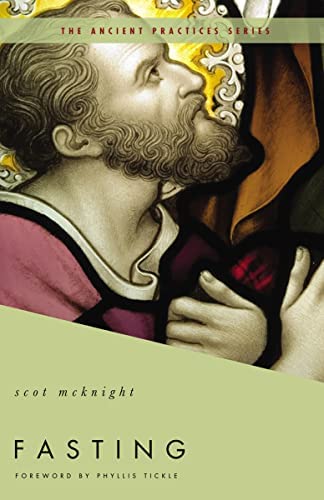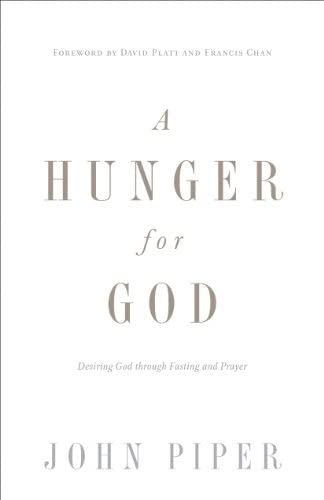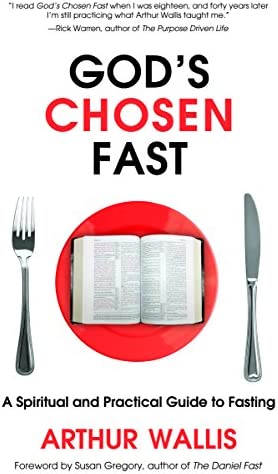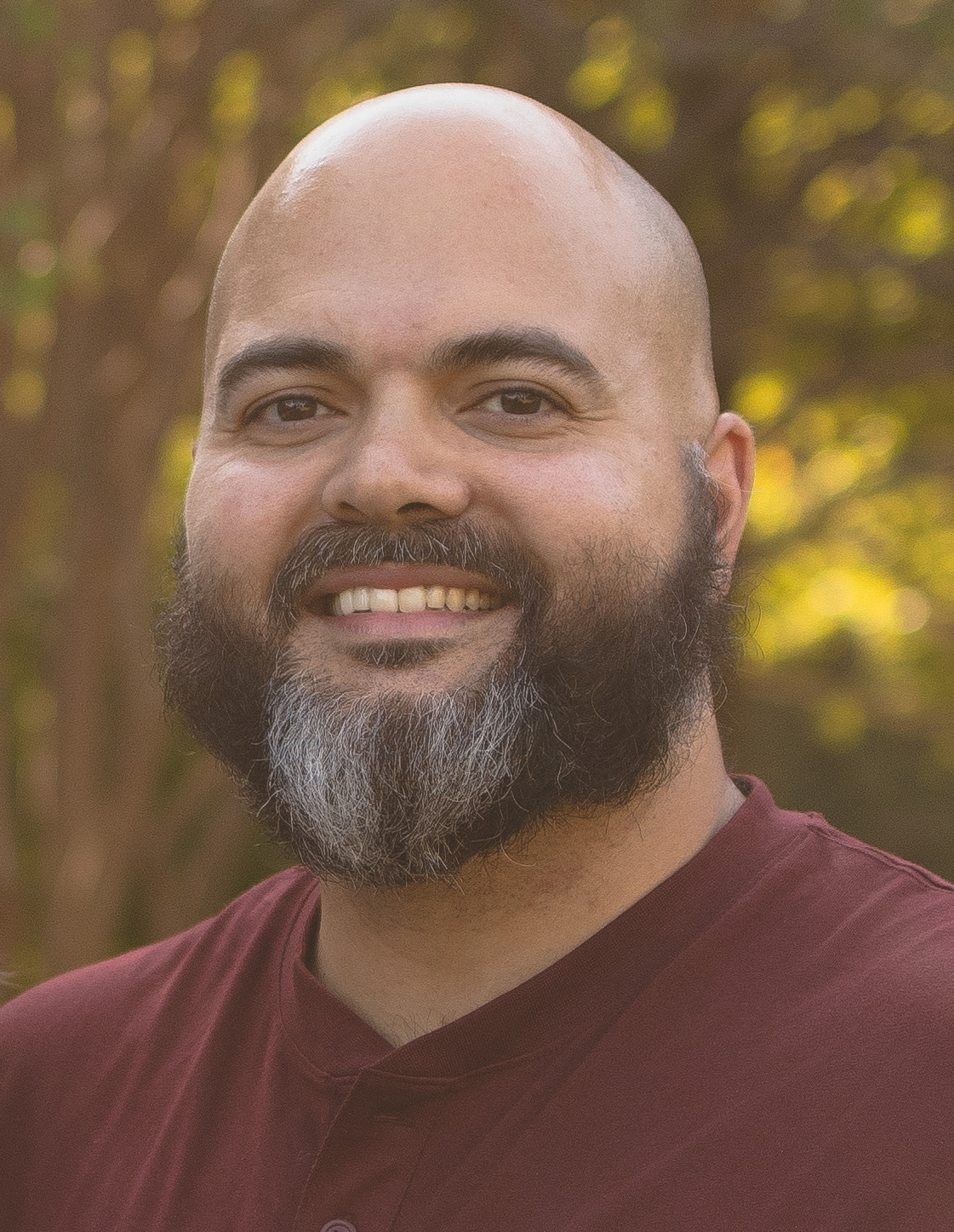Resources on the Practice of Fasting
Overview
By Matt Garcia
-
Don’t fast when you’re sick, traveling, pregnant, or nursing. People with diabetes, gout, liver disease, kidney disease, ulcers, hypoglycemia, cancer, and blood diseases should not fast, or at least consult with their doctor before attempting a fast.
-
Don’t fast if you have are struggling with body image, bulimia, anorexia, or any other food and body disorder. If you have a history of food disorders, seek physical advice from your doctor and/or spiritual advice from a trusted friend or pastor.
-
Listen for a nudging from God to fast.
-
Stay hydrated. Always drink plenty of water and fluids.
-
Don’t break your fast with a huge meal. Eat small portions of food. The longer the fast, the more you need to break the fast gently.
-
abstaining (ex: giving up social media or meat)
-
a restricted diet (ex: “Daniel fast”)
-
a dieting or health fad (ex: intermittent fasting)
- To starve the flesh and feed the Spirit
- To pray
- To stand in solidarity with the poor
exercises
New To Fasting?
24 Hour Fast
3-7 Day Fast
Lent
Buy A Meal
Stand in Solidarity with the Poor
Secrecy
Make A List
books



podcasts
Fasting & Feasting
Fasting
Fasting Is Feasting On God
videos
Online Course on Fasting
Practicing the Way has done a great job on this topic of fasting. Check out their video course at practicingtheway.org
blogs
Fasting For Beginners
DesiringGod.org / David Mathis
Why Should I Fast?
Faith Gateway / Kristen Feola
How To Overcome Challenges in Fasting
International House of Prayer / Adam Wittenburg
How To Fast
24/7 Prayer
reflection questions
1
When do you feel empty or restless? What do you do to try to fill the emptiness? What does this tell you about your heart?
2
What is your attitude toward fasting or self-denial?
3
In what ways do you currently deny yourself?
4
When has self-denial brought you something good?
5
What has the experience of fasting been like for you?
6
Where do you operate from an entitlement mentality? How can you wean yourself from this way of life?
Matt Garcia
Matt is the creator of this website and curates resources on spiritual formation. He is a husband of Jesika and a father of 4 children. He also helps lead a house church. Follow him on Instagram to see what he's up to.
